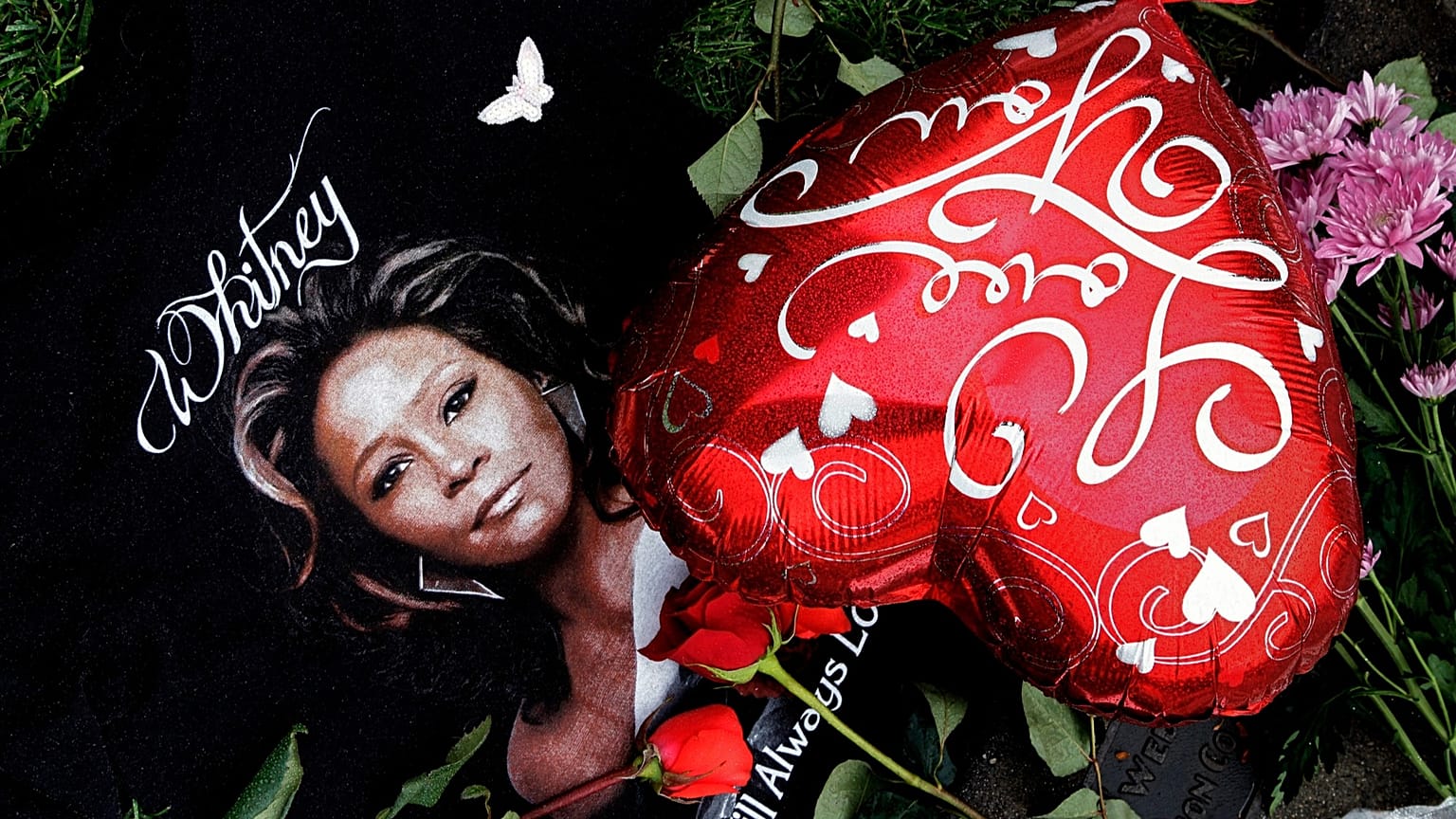On average, famous musicians died aged 75, while their less well-known peers survived until they were 79, a new study finds.
If the saying “only the good die young” feels dramatic, you may want to take a look at the pop stars – because the data may just back it up.
Famous singers die about four years earlier than those who evade the limelight, according to a new analysis of some of the biggest 20th-century stars in Europe and North America.
The findings suggest that the psychological stressors of fame – such as a lack of privacy, intense public scrutiny, a punishing schedule, and pressure to perform – could fuel mental health problems and harmful coping mechanisms that contribute to a hastened death.
Fame appears to be a “chronic burden that amplifies existing occupational risks,” said the researchers from Witten/Herdecke University in Germany.
They tracked health data for 324 famous singers born between 1910 and 1975, comparing them against another 324 singers who had similar backgrounds – from gender and ethnicity to genre and type of musical act – but did not achieve celebrity status.
All of the artists were active between 1950 and 1990 – an era defined by the rise and evolution of rock and roll, punk, disco, grunge, and hip-hop – to give researchers enough long-term data on their health and mortality risks through 2023.
The price of fame
On average, famous musicians died aged 75, while their less well-known contemporaries survived until they were 79, according to the study, which was published in the Journal of Epidemiology and Community Health.
Solo acts had a 26 per cent higher risk of dying compared with lead singers in bands, the study found – but the hazards of fame caught up with them nonetheless. Overall, famous singers were 33 per cent more likely to die younger compared to non-celebrity musicians.
The researchers said the findings suggest that the elevated risk of death isn’t due to existing differences between the artists or reverse causation – where dying young makes an artist more famous – but rather that becoming famous actually raises the risk of an earlier death.
It’s a similar level of risk as having the occasional cigarette, which raises the likelihood of death by 34 per cent, they said.
“Being famous appears so detrimental that it overrides any potential benefits associated with high socioeconomic status,” the researchers said.
Notably, the results do not prove that fame causes people to die younger, only that the two factors are related. The study also did not consider other types of celebrities, such as film stars or professional athletes, so the findings may not apply beyond singers or to other parts of the world.
There are also some exceptions who may just prove the rule – like the 82-year-old Rolling Stones frontman Mick Jagger, who notoriously indulged in illegal drugs early in his career but is still capable of commanding sold-out arenas.
But overall, the findings suggest that if you’ve ever dreamed of a world tour or Grammy glory, you may want to think again. Fame may come with a few perks, but it apparently doesn’t grant any extra years.


















